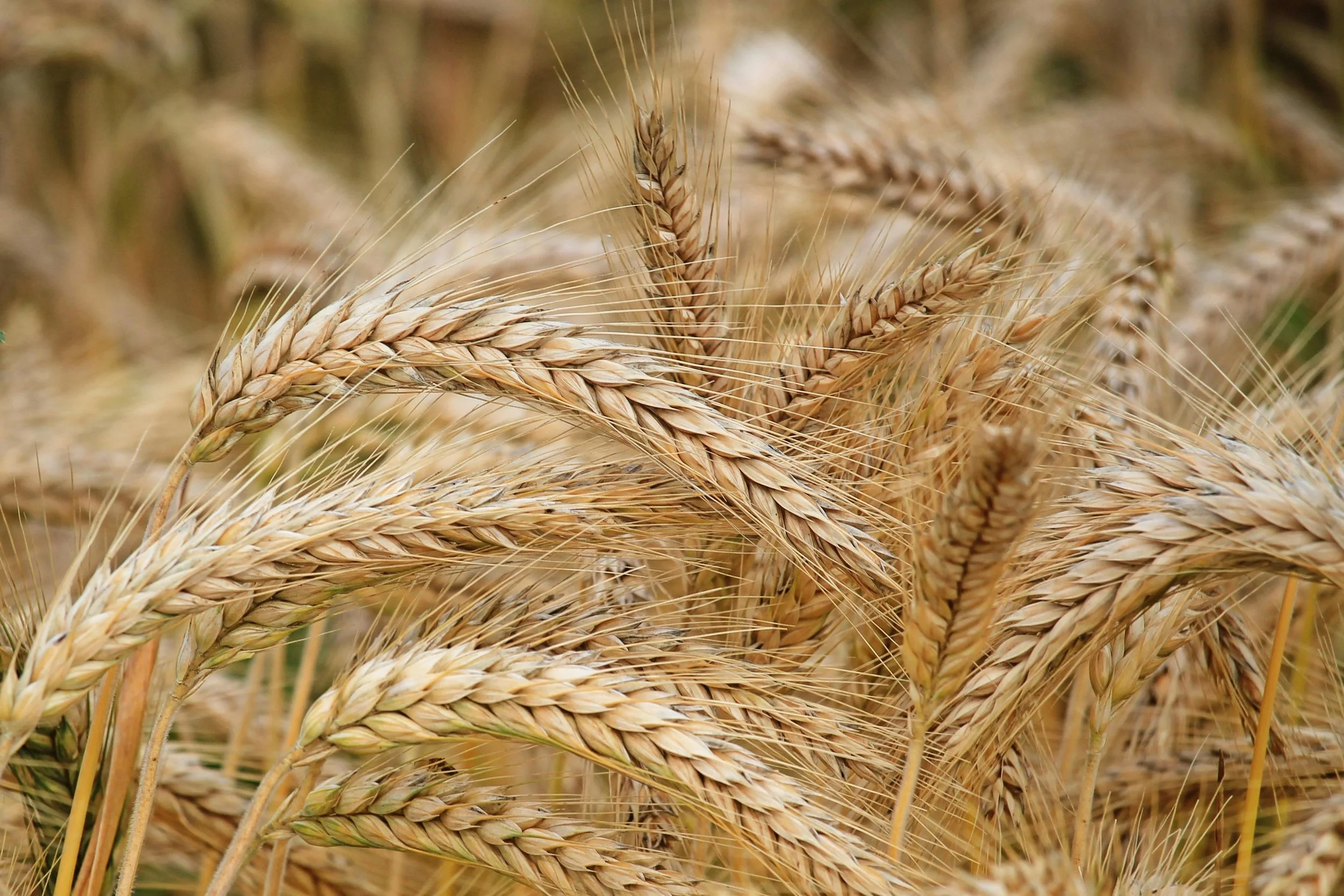How Seeds Can Save The World
Seeds might seem small, but they hold massive potential to secure our planet’s future. From protecting biodiversity to ensuring food security, collecting and preserving seeds is a powerful way to address the big challenges of our time—climate change, habitat loss, and hunger.
Here are a few reasons seed collection matters and how it is making a difference:
Saving Plant Diversity
Biodiversity is nature’s safety net, helping ecosystems adapt to threats like climate change and disease. Seed banks act like insurance policies, storing seeds from endangered plants so they can be reintroduced if lost in the wild.
Example:
The Svalbard Global Seed Vault houses millions of seeds from around the world, safeguarding plant diversity for future generations.
Protecting Food Supplies
Our diets rely on just a few crops like wheat, rice, and corn, making us vulnerable to crop failures. Seed banks preserve diverse crop varieties, giving farmers tools to grow more resilient and adaptable food sources.
Did You Know?
When war damaged a Syrian seed bank, backups stored in Svalbard helped rebuild agriculture in the region.
Restoring Ecosystems
Native plants are crucial for rebuilding forests, wetlands, and grasslands after disasters. Collecting and planting local seeds jumpstarts recovery, helping wildlife and stabilizing soils.
Success Story:
After Australia’s bushfires, seeds from native plants were used to restore damaged ecosystems.
Preserving Traditions
Seeds are more than just plants—they’re part of our cultural heritage. Traditional crops and farming practices are often tied to community identity, but industrial agriculture threatens their survival.
Cultural Impact:
In Mexico, seed banks protect native corn varieties vital to traditional diets, rituals, and festivals.
Fueling Innovation
Seeds hold genetic secrets that scientists use to create stronger, more adaptable crops. Traits like drought tolerance or pest resistance can make a big difference in a changing world.
Breakthroughs:
Wild rice genes have helped researchers develop flood-resistant rice varieties, ensuring food for millions.
Adapting to Climate Change
Climate change is reshaping agriculture, but seeds from tough, adaptable plants can help us prepare. Seed banks give us the tools to develop crops that thrive in harsher conditions.
The Future:
Projects like Crop Wild Relatives are collecting seeds from plants that can survive drought and salty soils, building a resilient food system for tomorrow.
By fostering biodiversity and supporting sustainable practices, seed collection can significantly contribute to environmental health and resilience, making it a key strategy in addressing global challenges.
If you are looking to help in the effort, there are a variety of volunteering opportunities focusing on seed collection and harvesting. Ask your local government or go to their website for more information.


